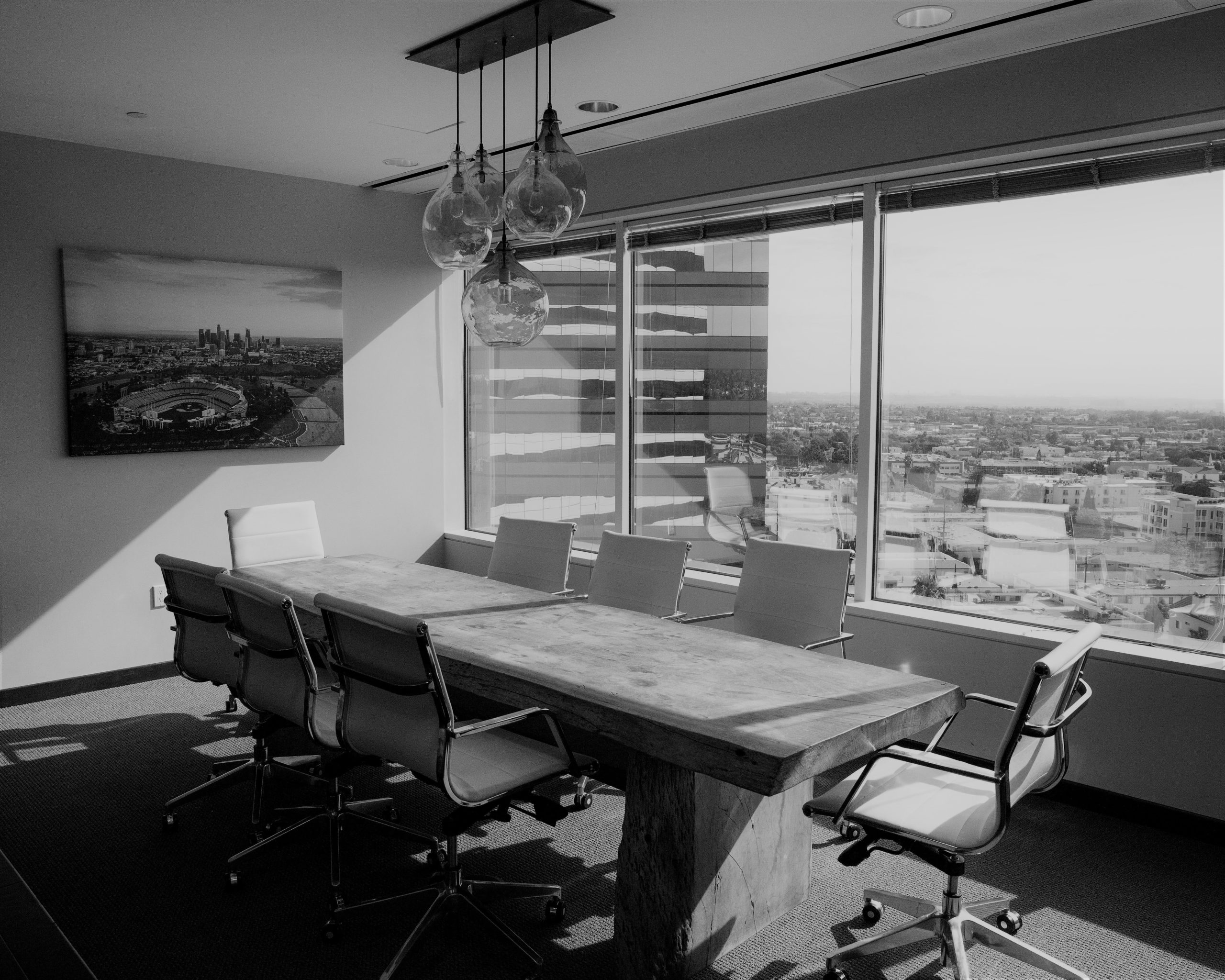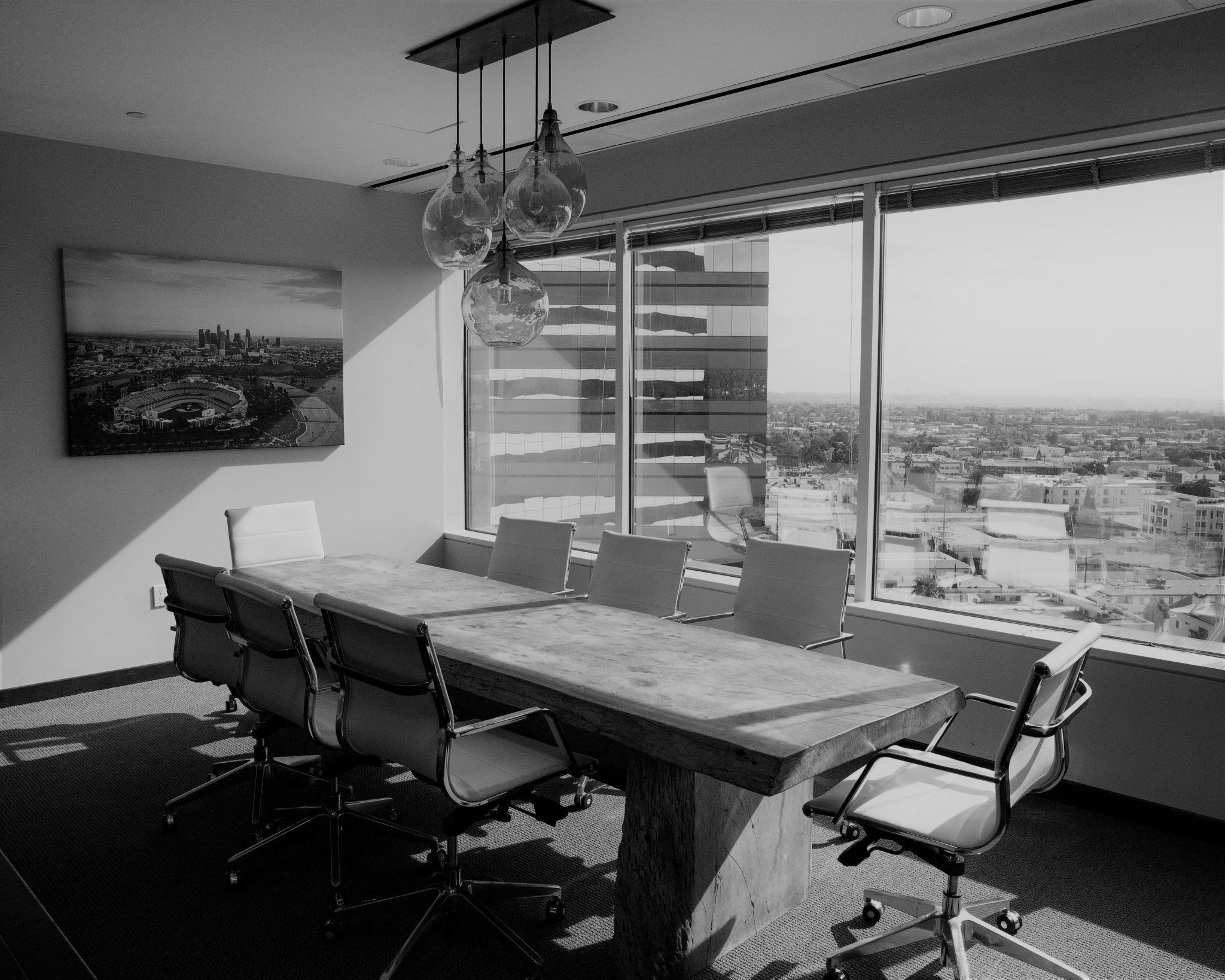
Leases are complex legal
documents that can be difficult to understand. We recommend that tenants always
consult with a lawyer to advise on the agreement for lease and negotiate lease
terms more favourable to you to ensure added security to your business.
There are two (2) types of
commercial leases, a retail and non-retail lease which are subject to different
laws that impose specific rights and obligations. An unsuitable lease may lead
to financial issues for the tenant however, a good lease will add value to your
business.
Below are seven (7) key clauses that will be included in a commercial lease and considerations to be aware of before entering into a lease.
Rental Considerations
The rental consideration is
the amount paid by the tenant as the landlord’s return for their ownership of
the property. It must be clearly stated in the lease what the rental
consideration is for the first year of the term and how it will be calculated
for the remainder of the lease for example increasing by a fixed percentage or
consumer price index (CPI) each year.
If there is an option to extend the lease, the rent will generally increase by market rent in the first year of the new term and will increase each other year in the manner specified (i.e. fixed percentage or CPI). The lease must state if goods and services (GST) tax is payable by the tenant in addition to the rent.
Security Deposit
Most leases will include a
security deposit payable to the landlord by the tenant to protect themselves
from a default such as damage to the premises. Generally, the security deposit
is an amount equivalent to 3-6 months rent and may be made in the way of a bank
guarantee if the tenant is an individual or by a personal guarantee of the
directors of the company if the tenant is a company.
Tenants must take care before agreeing to a personal guarantee as liability under them can arise years later when you thought the lease was complete. You may consider offering a larger cash deposit or bank guarantee as opposed to a personal guarantee. Alternatively, the security bond can be paid by cash but the lease must stipulate the terms regarding its use, withholding it and the repayment of the deposit.
Lease Term
It should outline in the lease when it will commence and expire. Usually a landlord will want a long lease term whereas the tenant generally wants to commit for a shorter period.
Renewal Options
Options in commercial
leases are important as it allows the tenant to extend the term of the lease
and avoid the costs of renegotiating a new lease. This can help tenants to
minimise costs associated with relocating their business.
It is imperative that tenants are aware of how to exercise the option under the lease. Generally, commercial leases will set out this method which is usually written notice being provided to the landlord or their lawyers 3-6 months prior to the end of the lease term. If options are not exercised correctly then tenants may waive their right to the further lease term.
Outgoings
Outgoings are the operating
costs of the building and premises where it is situated. Generally, the tenant
will be responsible for their own outgoings such as telephone, electricity,
gas, etc. and the landlord’s outgoings for example rates, taxes, levies, etc.
These amounts may either be included in the rent as a gross lease or payable as
a separate amount.
It is common for outgoings for the year to be estimated and invoiced monthly then reconciled when the true amounts are determined which usually occurs at the end of the year.
Assignment and Subleasing
The lease may permit the
tenant to assign or sublease with the landlord’s consent which usually the
lease will state cannot be unreasonably withheld. However, the tenant must be
able to prove to the landlord that the new tenant can comply with the lease and
the existing tenant is not in default of the lease.
It is commonly know that if a tenant to a lease is a company and the company structure is amended whereby control of the company is changed then this may trigger the assignment and subletting clauses of the commercial lease and potentially result in the tenant being in breach of the lease if the landlord’s prior consent is not obtained. Therefore, if this is the case then you should always seek the landlord’s consent prior to the change occurring.
Maintenance and Repairs
It is important to ensure
that the responsibility for repair is suitable in relation to the nature of the
premises. For free standing buildings it is common for the tenant to be
responsible for insuring for repair and damage caused to it. However, with
buildings that have multiple tenants, the tenant’s responsibility is generally
limited to repairing damage caused to the lease premises (not including
structural repairs). If you are leasing a building with multiple tenants, you
should ensure the lease contains the below:
- Remove any obligation of the tenant to repair or reinstate premises and services that are an “insurable risk” or “act of nature”; and
- Obligation for the landlord to repair the building and services to the premises.
By not including the above
terms may result in the tenant being required to undertake substantial repairs
or be subject to long delays for the repairs.
Conclusion
In order to provide your
business with the best possible opportunity of success, it is important you are
aware of your rights and obligations under a commercial lease and negotiate
good and suitable commercial terms with the landlord. Appointing a lawyer to
advice you on your proposed commercial lease prior to execution, will allow you
to do just that.
If you have any questions about commercial leases and you require advice in relation to them, please contact our office on +61 (07) 3876 5111 for a consultation.
About the Author

Kayleigh Swift, Director
NB Property Law
[email protected]
(07) 3876 5111
Kayleigh Swift is a Director of our Property team who showcases her expertise in Commercial and Residential property matters.. With a high level of experience in commercial and retail leasing, voluntary and involuntary purchase and sale acquisitions and property development matters, Kayleigh provides practical advice to ensure smooth property transactions.

